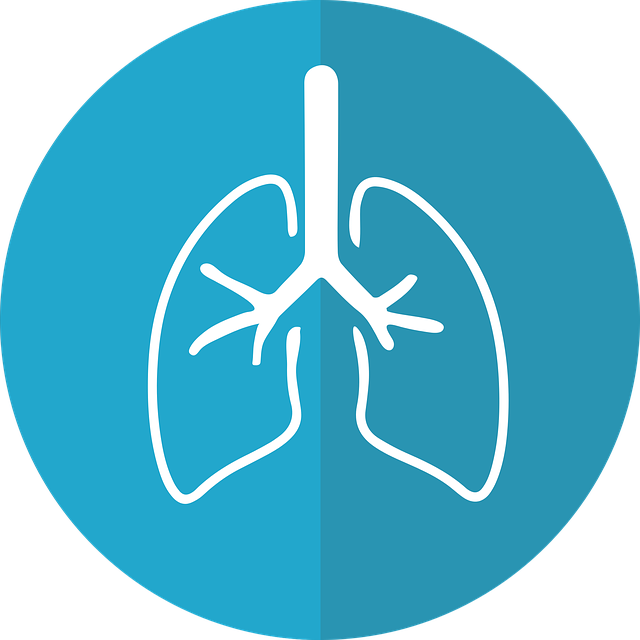COPD Symptoms
The first symptoms of Chronic Obstructive Pulmonary Disease (COPD) tend to come on slowly and can be very mild. People often mistake their symptoms as signs of ageing, lack of fitness or asthma. You may cough up mucus in the mornings or feel more short of breath than usual. In the early stages, you may not have symptoms all the time, however as COPD progresses, you may gradually find it harder to do your normal daily activities such as gardening, hanging out the washing, or carrying groceries without feeling short of breath. Common symptoms of COPD include:
Shortness of breath (breathlessness)
A repetitive cough that doesn’t get better
Increased phlegm or mucus production
Feeling tired
More frequent chest infections
Longer recovery from cold or chest infection.
Most people wait to go to the doctor until
they are having a lot of trouble breathing.
They ignore a cough or mild breathing
problem for years.
Questionnaire
Do you cough several times most days?
Do you bring up phlegm or mucus most days?
Do you get out of breath more easily than others your age?
Are you older than 40 years?
Are you a current smoker or an ex-smoker?
The most common symptom of COPD is feeling short of breath. Simple everyday activities, like walking short distances or climbing up a few stairs, can cause someone with COPD to feel short of breath. As the disease gets worse, breathing can become difficult even at rest.
Feeling short of breath is not a normal sign of ageing and ignoring it could delay a diagnosis and treatment. Talk to your health professional if you are short of breath when doing simple chores and activities.
Flare-up of symptoms
A COPD flare-up or exacerbation is when your symptoms worsen quickly, usually over a few days. It may be caused by an infection (often due to a virus) or triggered by air pollutants or irritants. Flare-ups are more common during the winter months and can make everyday activities more difficult. It is important that you can identify the early signs of a flare-up so you can start treatment as soon as possible. Common symptoms of a flare-up include:
Coughing more than usual
Finding it harder to breathe (increased breathlessness)
Changes in sputum (more or thicker sputum)
Being more tired than usual (less active)
You may need to go to hospital if you are experiencing any of the symptoms above, or you have at least one of the following:
You find it hard to talk
You find it hard to walk
You can’t sleep because of shortness of breath
You feel drowsy or confused
Your lips or fingernails have turned grey or blue
Your heartbeat or pulse is very fast or irregular
A delay of 24 hours or more in seeking treatment for an exacerbation doubles the chance of hospital admission.
COPD exacerbations (a flare-up of symptoms) are common complications of COPD.
The signs and symptoms of an exacerbation are a worsening of many of your usual symptoms of COPD.
Having a flare-up can increase your loss of lung function as well as increasing the likelihood of you having another flare-up, especially if your disease is mild.
If you have COPD, you should be familiar with your medicines so that you know what steps to take at the first signs of an exacerbation.
Ask your health professional to help you develop a COPD Action Plan to help manage your condition, avoid triggers and keep you out of hospital.
Adults may have COPD if they have trouble
breathing or a cough that will not go away.
When you have breathing problems,
the sooner you see a doctor about COPD, the better
Doctors cannot cure copd, but they can help to improve
Your symptoms and slow the damage to your lungs.When you follow the instructions of your doctor,
• You will feel less short of breath.
• You will cough less.
• You will get stronger and get around better.
• You will be in a better mood
Adults get COPD, not children.
Most people with COPD are smokers
or were smokers in the past.
Any form of smoking can cause COPD.
Some people with COPD have lived in
homes filled with fumes from cooking
stoves or fumes from heaters used
to warm the home.
Some people with COPD worked
for many years in places that were
very dusty or smoky.
MILD COPD
• You may cough a lot. Sometimes you cough up mucus.
• You feel a little out of breath if you work hard or walk rapidly.
MODERATE COPD
• You may cough more, and you cough up mucus.
• You often feel out of breath if you work hard or walk rapidly.
• You may have trouble doing hard work or chores.
• You may take several weeks to recover from a cold or chest infection.
SEVERE OR VERY BAD COPD
• You may cough even more and cough up a lot of mucus.
• You have trouble breathing both day and night.
• You may take several weeks to recover from a cold or chest infection.
• You can no longer go to work or do chores around home.
• You cannot walk up stairs or across the room very well.
• You tire easily
Reducing your symptoms
Many people find using a battery operated fan can help control breathlessness, and research has shown that a cool draft of air from a hand-held fan can be very effective in reducing symptoms. You can use your fan as often and for as long as you like. Keep it handy when at home and also take it with you when you go out. You may find it helpful to use your fan if you stop for a ‘breather’ after doing an activity that makes you breathless, such as walking, climbing stairs or for sudden breathlessness when you are still.
References:
https://www.nps.org.au/consumers/chronic-obstructive-pulmonary-disease-copd-explained#what-causes-copd?
Symptoms
